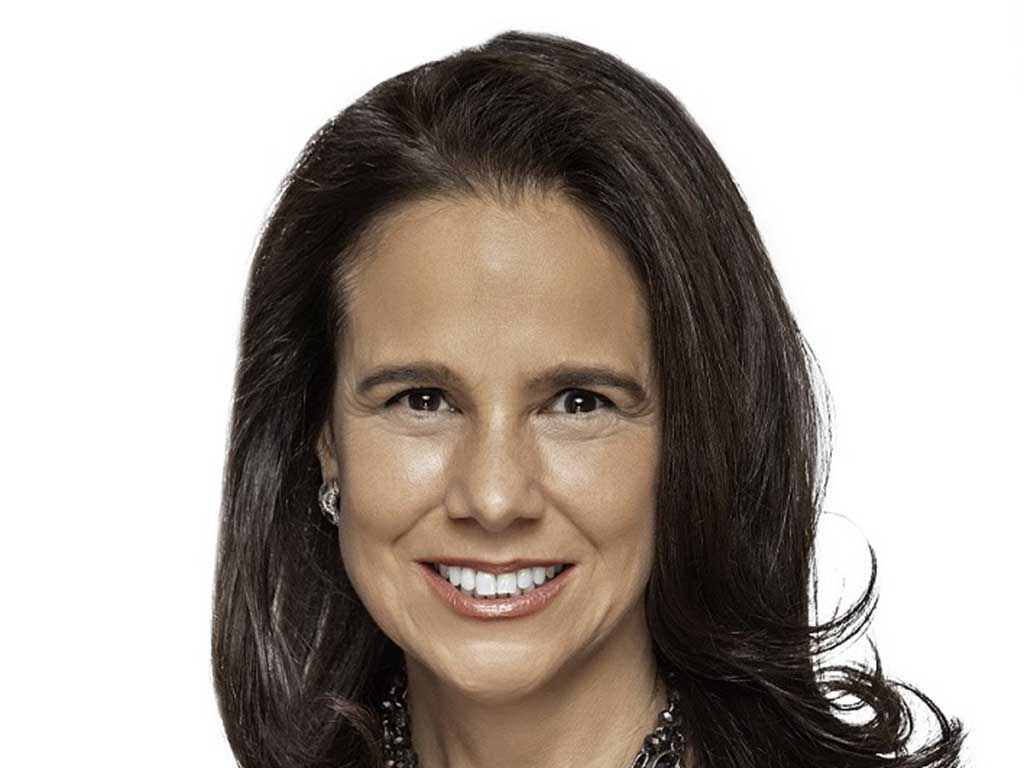
Many new lawyers aspire to one day go in-house—perhaps even work their way up to a leadership position.
Every year, we interview some of the most respected senior in-house counsel in the country to discuss their lives and their impressive legal careers. And we wrap up each interview by asking them the same question: What advice would you give a young lawyer who would like to be a GC someday?
Here’s a roundup of the suggestions our 2019 GC profile participants had for future senior in-house counsel.
1. Choose the path outside your comfort zone.

“Don’t be afraid to follow a path or take on a role that may not logically fit into any defined path,” says A. Verona Dorch, GC of Peabody Energy. “I did not go into the practice of law thinking I would be GC or even in-house. There are lots of things I did that, on their face, didn’t seem like they would contribute to a future career in-house, but what I saw come out of some of those assignments was the ability to lead and influence.”
2. Develop your skill set and exercise your judgment.

“There is no substitute for being phenomenally good at what you do,” says Chaka Patterson, Deputy GC of Adtalem. “Almost equally as important is to put yourself in a position where you have to exercise judgment. Judgment cannot be taught. It has to be learned and the best way to learn great judgment is to put yourself in positions where you have to exercise your judgment muscle regularly. You’re going to make mistakes; you’re going to make wrong calls. But that’s all part of the learning process and continuing to develop excellent judgment so you can be in a position one day to deliver wise counsel.”
3. Follow your interests.

“You will unlock your true potential if you are passionate about the organization you are working for,” says Brandon Smith, GC of Tenneco. “Find an organization that you know is ethical and has a good business plan—and is led by a management team that you will enjoy working with. If you have those criteria all met, you will do phenomenal things.”
Be sure to think of your first move as an investment. Don’t focus solely on compensation. The money will come. It’s about opportunity. Even if you come in at a junior role, people will recognize the value you bring and the opportunities will come. Lean in.
4. Foster connections.

“To foster connections, you need to be deliberate about engaging with both the legal community and the greater community at large,” says Lauren Tashma, GC of Graphic Packaging Inc. “Everyone always used to tell me to ‘take the time to network.’ I used to think that networking was for other people who had cushy jobs and too much time on their hands. For a long time, I thought that I was way too busy to do things like agree to speak at a conference or talk to a recruiter who was looking to fill a role that I did not think I was interested in. When I was between positions, I regretted saying no to many of those networking opportunities.
“Now I tell young lawyers all the time—when the phone rings and it is someone who wants to network with you, take the time for the call. You don’t know when your path will intersect again with that person. You don’t know who will be in the audience at that conference so say yes when someone asks you to join a panel. Get out there and join a non-profit board so that you can learn some corporate governance skills and also engage with your community. It doesn’t help to have the skills if no one out there even knows your name.”
